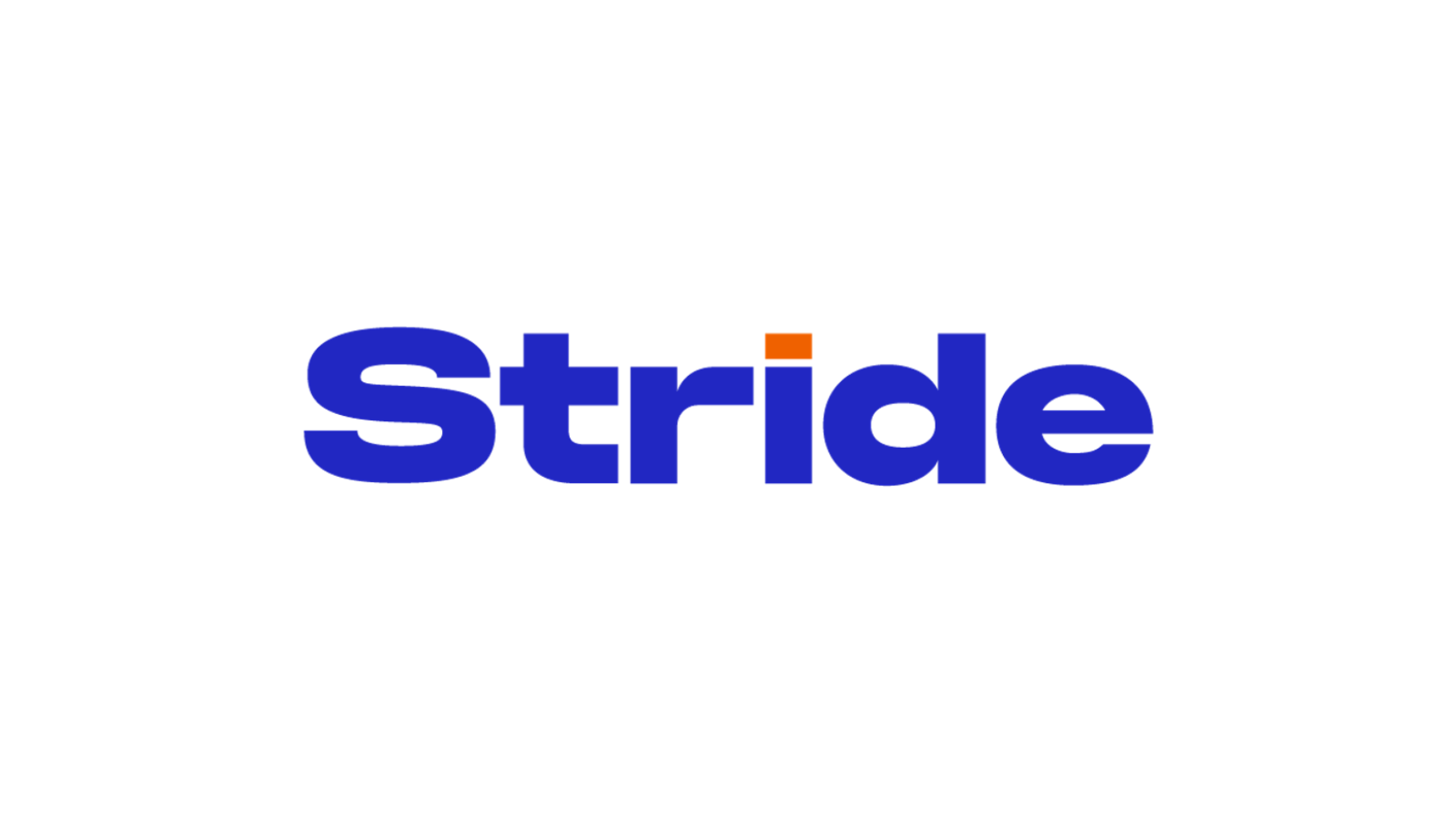
Is your teen always pitching new business ideas or coming up with new money-making ventures? For some, entrepreneurship is in their blood. With their first lemonade stand, some students may feel destined to start their own business. On the other hand, students may have innovative ideas, but need guidance in turning their passion projects into profits. Starting a business in high school through career readiness education with Stride Career Prep, is more than encouraged. For some, it’s part of their homework!
Through the Entrepreneurship pathway, the Stride Career Prep curriculum incubates student ventures through career-focused electives, modern learning approaches, and community organizations. Read on to find out how.
The Stride Career Prep Entrepreneurship Pathway
Did you know a high schooler started one of the world’s largest fast-food chains? At 17, Fred DeLuca opened his first sandwich shop as a way to save money for college. While DeLuca’s shop grew, he realized that his dreams of growing his business were overshadowing his plans to become a doctor. So, he decided to pursue a business degree instead of a medical degree. DeLuca’s experience and education helped him transform his small sandwich shop into the beloved Subway franchise.
Like DeLuca’s path, career readiness education combines hands-on experience with school. From funding to operations, many aspects go into starting a business in high school. The Entrepreneurship pathway at Stride Career Prep provides high school students the tools they need to make their business dreams a reality. Through curated electives, students gain real-world experiences and a well-rounded perspective. Let’s walk through some of the courses in the Entrepreneurship pathway.
Business and Marketing Explorations (Project-Based Learning [PBL])
To kick-off their journey into the Business career field, all students start with this introductory class. Students will explore business careers and pathways to determine whether a business pathway is a good fit. For students who aren’t sure if entrepreneurship is for them, this is the perfect way to get their feet wet. Through project-based learning, students study the fundamentals of marketing, finance, human resources, and other business aspects. Students complete projects to gain an in-depth understanding of these job functions and their daily tasks. From here, students can commit to the Entrepreneurship pathway and continue diving deeper.
Marketing 1 & 2 (PBL)
With the presence of social media, teens today are already marketing-savvy. While they may be able to call out hidden advertising on social sites, can they interpret the strategy behind it? Through these project-based learning courses, students find out what it really takes to market a product or service in a modern business environment. In Marketing 1, students learn concepts like consumer behavior, market research, and product management, and they will work together to complete projects. To add on, in Marketing 2, students build on those lessons and learn what it takes to start a business in high school.
Entrepreneurship 1 & 2 (PBL)
Building on their marketing knowledge, students in Entrepreneurship 1 & 2 learn how to plan and launch their own ventures. Through semester-long projects, students will try their hand at starting a business in high school. These courses are the perfect way for your teen-entrepreneur to workshop their business ideas. In Entrepreneurship 1, students learn to develop business ideas, attract investors, market their business, and manage expenses. In Entrepreneurship 2, students will refine their communication skills so they can successfully gain investors and supporters for their new venture.
Microsoft®️ Office®️ 1 & 2 (PBL)
An entrepreneur is often thought of as the “ideas person.” But when entrepreneurs are solo in their ventures, they’re also the “numbers person” and “communications person.” Small details like budget trackers, email management, and presentations contribute to the bigger whole of a venture. Through Microsoft®️ Office®️ 1, students will learn Microsoft®️ PowerPoint®️ and Microsoft®️ Word®️ so their presentations and business plans can be as great as the ideas themselves. Then, in Microsoft®️ Office®️ 2, students dive into Microsoft®️ Outlook®️, Microsoft®️ Excel®️, and Microsoft®️ Access®️. These tools are industry-standard in communication and data management. By learning these tools early, teens starting a business in high school can prove themselves to be as savvy as their industry peers.
Modern Learning
“Time is money” so why waste it? Stride Career Prep gifts students with time. Students have the flexibility to pursue their own projects by learning in a virtual environment while practicing skills that often come with work experience. With flexible class schedules, students can work and earn money. This can be through pursuing their own side hustles or working at a traditional job.
When Entrepreneurship pathway students are in class, they practice professional skills that traditional classrooms don’t require. For instance, communication skills are vital in a modern work environment. Writing clear emails, collaborating virtually, and sharing resources are everyday practices for both Stride Career Prep students and modern entrepreneurs.
A Community of Entrepreneurs
In the world of entrepreneurship, your competition is your community. Through clubs, job shadows, and internships, Destinations students starting a business in high school can become part of a broader community.
Stride Career Prep also makes a point to connect each student with a supportive community. Because each student’s situation is different, Stride Career Prep has options. For those searching for supportive peers and the chance to compete, DECA may be a great option. For those looking for insights or mentorship, FBLA and Nepris might be the right fit. And for those looking to get their finished projects out into the world, Tallo might be a great place to start. Let’s dive deeper into each of these communities.
Clubs
Behind every Steve Jobs is a Steve Wozniak. A supportive partner and friend to help bring ideas to fruition. For students starting a business in high school, joining a club will help spur long-term business partnerships. Through clubs like DECA or Future Business Leaders of America, students share ideas, talk through challenges, and build a network of peers. This community shares the same goal–to make a mark on the world and create a fulfilling career out of a business they love.
Advice from Industry Experts
Each entrepreneur paves the way for the next to innovate. Just as Thomas Edison mentored Henry Ford, teen entrepreneurs have the opportunity to learn from their predecessors. Stride Career Prep uses a platform called Nepris to facilitate these interactions. Through guest speaking engagements, students can gain meaningful insights and perspectives to help their entrepreneurial efforts.
Online Portfolio Showcasing
If your teen dreams of pitching their business on Shark Tank, Tallo is a great tool to help them prepare. Tallo is a networking platform where students create a profile to showcase their ventures. They can upload pitch presentations, websites, and even their grades. These creative profiles can capture the attention of employers and colleges looking for entrepreneurial talent.
Exploring Entrepreneurship
If your teen is starting a business in high school, give them the tools they need for success. Through flexible scheduling, appropriate courses, and career clubs, Stride Career Prep has everything you need to prepare your high schooler to make their passion into a thriving and profitable business.




